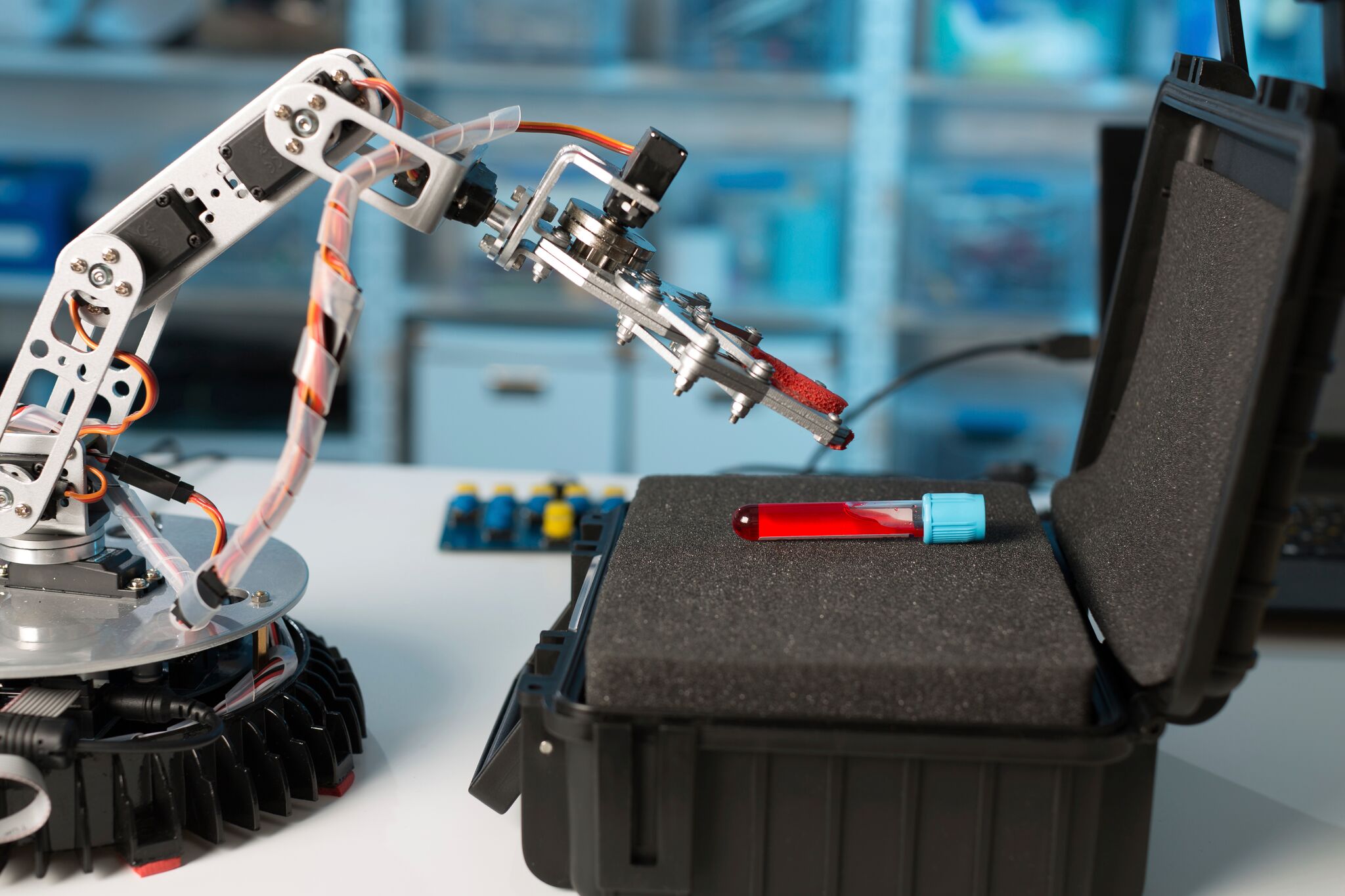
Emerging technologies such as AI, machine learning and advanced data analytics systems are likely to have a significant impact on patient care and disease prevention, but they are also likely to have just as big an impact on the medtech economy itself.
So says a new report from Deloitte which, according to a summary by the authors, suggests that as the business model for medtech companies changes, they should move from a traditional focus on medical devices and diagnostic equipment and “consider collaborating with technology companies to address the increasingly changing needs and expectations of consumers.”
For their study, the Deloitte team conducted a crowdsourcing simulation involving healthcare experts from several fields, including health systems, digital health start-ups and research institutions.
“One finding from our research,” they wrote, “is that medtech companies could differentiate themselves through their ability to harness data gathered by their devices and use it to improve well-being, anticipate health issues, and help patients change the day-to-day behaviors that affect their health. In many ways, the data collected from hardware is expected to be more valuable than the hardware itself.”
Artificial intelligence, robotics and nanotechnology were the top technologies cited by the company’s research, while the top three service areas cited were remote patient monitoring, data storage and integration and improving clinical efficiency.
Beyond product offerings, the authors said medtech companies are also positioned to help hospitals and health systems make the transition to the future of health through services. If they partner with consumer-focused technology and specialized digital health companies, whose expertise includes the ability to collect, store, and analyze vast amounts of health data, these companies could play a significant role in reducing medical costs, optimizing surgeon performance, and improving patient outcomes.
“The pace of innovation in healthcare is unprecedented, so medtech companies should think about what role they want to play in the future ecosystem, whether it’s a data and platform provider, a well-being and care delivery organization, a care enabler, or elements of all three,” said Glenn Snyder, principal and medtech leader of Deloitte Consulting and one of the report’s authors, in a statement at the time of the report’s release. “Knowing where a partner may help fill any short- or long-term gaps can only position them for greater success.”


